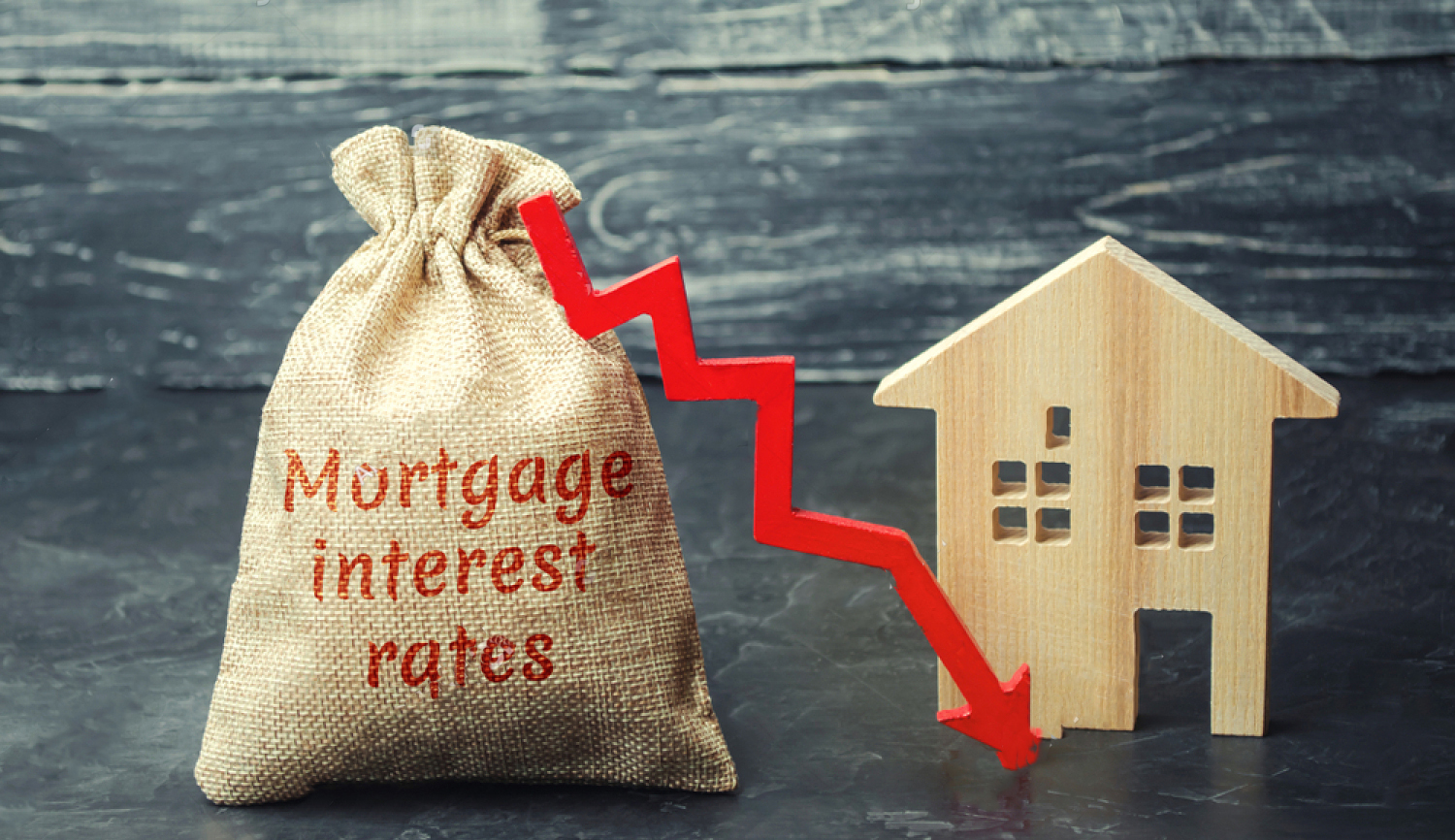Mortgage Rates have been been on the decline year over year, and touched a 16-month low in recent weeks. While rates have been at historic lows for quite some time now, they are once again at very low rates. Near the end of May, the 30-year fixed, the benchmark Mortgage product, was at 3.99%. Many factors are putting downward pressure on Mortgage Rates such as U.S.-Chine Trade War concerns, Brexit, and concerns of weak economic growth.
Given rates are low, now is a great time to lock in a rate if you are considering financing. We often get asked many questions from our Buyers surrounding Mortgages - what’s best for me? Is this a good rate? Given Mortgages are top of mind for many in the current environment, we sat down with Mortgage export, Donna Vitalone, a Senior Lending Officer with Citi.
Victoria Shtainer: What are some of the most important factors to consider when deciding between a fixed rate and adjustable rate mortgage - time in residence? Affordability in the future? Etc.
Donna Vitalone: A number of important factors come to mind that the borrower should consider and weigh when deciding between a fixed rate and an adjustable rate mortgage. First and foremost is determining where you are in the human life cycle based on your age plus your marital and employment/job status. I think it’s equally important that the borrower also take into consideration:
whether or not it’s the borrower’s first home;
the length of time the borrower expects to own the property: 5 years, 10 years, longer than 10 years;
is the borrower upwardly mobile or is planning to downsize;
is the borrower’s job the type that could possibly require relocating at any time in the future;
does the borrower have a particular objective with regard to the mortgage such as either having the flexibility to manage monthly cash flow or is likely to rapidly pay down mortgage with bonus income or receipt of a large inheritance.
Victoria Shtainer: What is the most common mistake you see Buyers make when selecting a mortgage, or the biggest misconception about Mortgage product options?
Donna Vitalone: I’d say the most common mistake buyers make when choosing a program is to regard of a mortgage as just a loan when in fact they should consider choosing the program in much the same way they would any other financial planning tool where future plans will likely be given consideration;
Among the many misconceptions the most common I hear is “avoid paying points because it’s expensive”. However, the truth is paying points can be a smart financial planning tool for primary home buyers who, by taking advantage of federal income tax benefits, by paying points not only buy down their interest rate but also see a reduction in their taxable income.
Victoria Shtainer: If you take a fixed rate loan, and rates drop continue to drop, are you locked in, or do most fixed rates loans give borrowers the flexibility to refinance to a lower rate?
Donna Vitalone: Because most fixed rate mortgage programs do not include prepayment penalties, they give homeowners the ability to take advantage of a lower interest rate environment by refinancing their fixed rate mortgage. However, in deciding whether to refinance the borrower should be sure to first ask the loan officer to prepare a cost benefit analysis to confirm an advantage exists.
Victoria Shtainer: As a Buyer, should I be most concerned about my credit score as it relates to getting the best rate?
Donna Vitalone: Definitely; a buyer whose financial house in order is also a borrower with a high credit score and one the bank will regard as being low-risk. The borrower is certain to save money by the lower interest rate that will most likely be offered by the bank.
The opposite is true for the buyer with a lower credit score who the bank will see as a high-risk borrower that should expect to be offered a much higher interest rate. That buyer first think about engaging a credit repair firm that works with borrowers to improve their credit score by removing the derogatory information responsible for impacting their credit. However, planning ahead is key for the prospective borrower when choosing this approach as the credit repair process often can be a protracted one.
Victoria Shtainer: What is a Mortgage Product you have been leaning into recently that most Buyers may not be aware exists as an option to finance?
Donna Vitalone: Well there are three programs that come to mind with the first being relationship pricing. While talking with clients I’ll often try to identify certain eligible assets which can lead to interest rate discounts on their mortgage if moved to my bank.
Another involves buying down the interest rate by paying points because for a client whose looking to manage their monthly payment it sometimes can be a more cost effective strategy than reducing the loan amount with a larger down payment. This recently came up with one my clients who wanted to have a specific monthly payment. I was able to show her that spending roughly $20,000 to pay points that would buy down the interest rate turned out to be a less costly approach than reducing her loan amount by adding another $90,000 to her down payment. Needless to say, she was thrilled.
Last, for clients wanting liquidity to meet unexpected expenses I’m most likely to suggest taking out Home Equity Line of Credit.
About Donna Vitalone:
Donna joined Citibank in 2018 bringing with her nearly thirty years’ experience in the mortgage banking industry. She has held positions as Market Development Manager, Correspondent Account Executive, Producing Sales Manager and Mortgage Loan Officer with organizations including JPMorgan Chase, Wells Fargo Bank, and Bank of America. During that time, she has closed over $900 million in residential mortgages and winning many production and management awards as a result.











